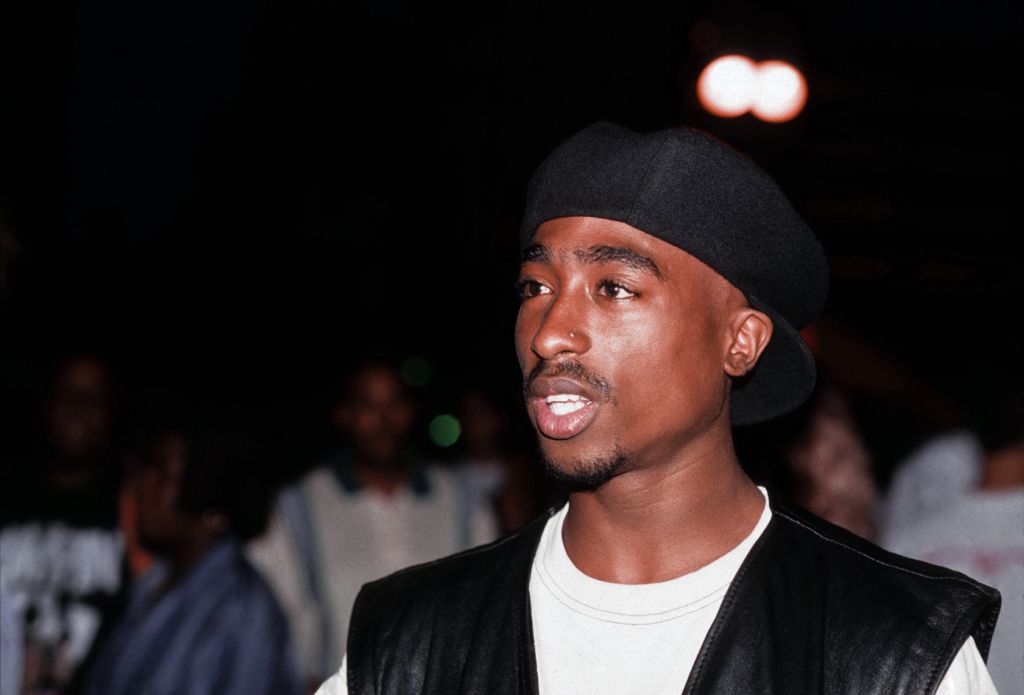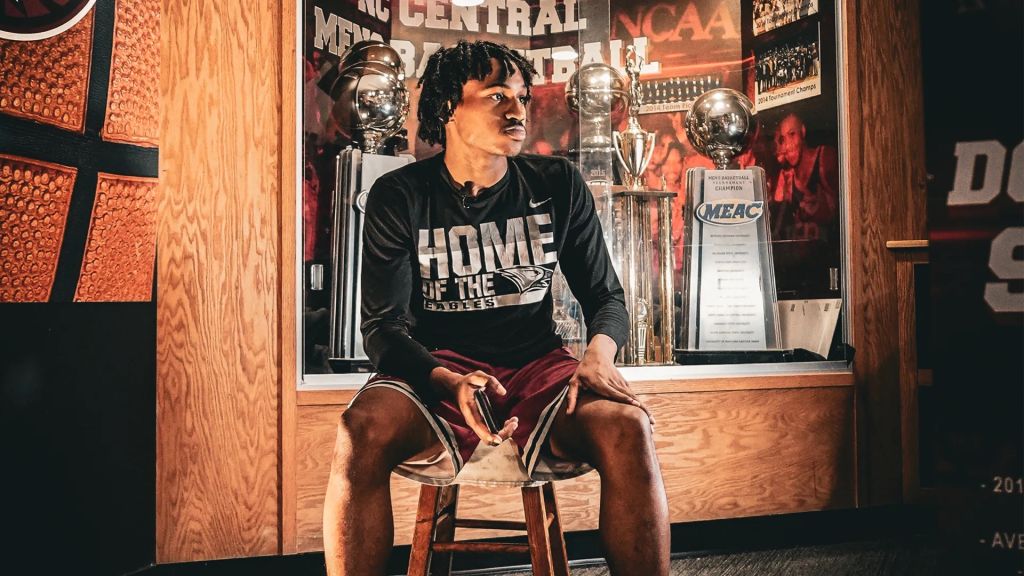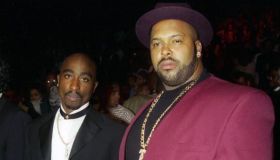
Source: Al Pereira / Getty
The late rapper Tupac Shakur could have been in Menace II Society in 1993. But in a beef with director Allen Hughes, he was fired. But that wasn’t the end of it. He and his entourage had Hughes beaten up and he pressed charges, landing Shakur in jail for 15 days for assault.
Fast forward 30 years later, Hughes is the director behind the five-part documentary Dear Mama, now available on Hulu, where he contrasts Shakur’s challenges with his mother’s story as part of Panther 21. They were a group of Black Panthers in New York City that were accused of coordinated attacks, including bombing and firing on police stations in 1969.
Afeni Shakur, who represented herself, was pregnant with Tupac at the ensuing trial. Due in part to her efforts, she and the group were acquitted in 1971 after it was revealed that police infiltrated the group and encouraged them to be more violent.
Hughes and his brother Albert directed the classic movie Menace II Society with stars Tyrin Turner as Cain and Larenz Tate as O-Dog, as well as Dead Presidents (1995) which also starred Tate. Hughes and Tupac met when they were both 20, and Hughes directed three of his videos – “Trapped,” “Brenda’s Got a Baby,” and “If My Homie Calls.”
“I never had to direct Tupac,” Hughes remembers. “I never had to tell him anything. It’s one of the rare times in my 30-plus-year career where you just had to turn the camera on and tell him where he needed to be. He was always right on point … up until the altercation and the misunderstanding.”
Hughes says that Shakur was set to play Sharif but walked off the set of Menace II Society after the two couldn’t see eye to eye on his character’s backstory, per a recent interview with The Guardian UK.
Now that time has passed, Hughes said he sees the situation differently, although he was beaten up by Pac and his entourage six months later. He says Tupac was being disruptive on the Menace set, and that ultimately led to him being asked to leave.
“Before I would’ve said [it was] just Tupac, but now I’d say both sides….” Hughes told the outlet. “But with my own brother, I have that problem! We saw a lot of the same things in the same way … It just was piss and vinegar at the time. We were all 20 years old, y’know?”
He says that doing the Dear Mama documentary allowed him to explore more of Tupac’s life and legacy.
“I wanted answers to a lot of the mysteries and question marks I had with Tupac, and I felt I could find him through his mother …,” Hughes told The Guardian. “Just listen to [the 1995 Tupac single] “Dear Mama.” When you hear that song, you’re like: ‘There’s gotta be something there.’”
During his heyday, Tupac was known for being outspoken and for challenging the status quo. Some of that showed up in his lyrics, but in a pre-social media world, he was scrutinized constantly through his multiple arrests and in interviews where he talked about racism and activism. Hughes has been asked why he’d agree to do a documentary given their past.
“Every now and then, someone will pop up and say something like: ‘Didn’t he beat you up? What are you doing making this thing?’… When people say sh-t to me or talk sh-t about me, as it pertains to Tupac, I just think: ‘Did you know Tupac? Have you ever met Tupac? No. Then shut the f-ck up.’”
He believes that he and an older and wiser Tupac would have worked together again. And he says there were few people that could match his appeal.
“You name the rock star, you name the athlete, you name the actor,” Hughes says, “– and I’ve hung out with pimps and hustlers and players too – I’ve never met anyone who had that level of charisma and power.”
Dear Mama is now available on Hulu.

















